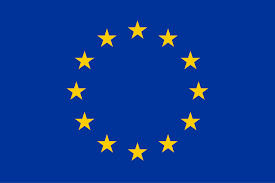Introduction
Dubai is renowned for its state-of-the-art healthcare system, which combines high-quality medical facilities with advanced technology and international standards of care. Both residents and visitors have access to a wide network of public and private hospitals, specialized clinics, and emergency services. In this guide, we will examine the quality of medical care, costs, and available options for those living or traveling in Dubai.
1. Structure of the healthcare system in Dubai
Dubai's healthcare system is divided into two main sectors:
- Public healthcare, managed by the Dubai Health Authority (DHA), which oversees public hospitals and healthcare services for residents.
- Private healthcare, consisting of private clinics and hospitals with high standards and specialized services.
All residents and workers must have health insurance, which is mandatory by law.
2. Public and private hospitals
Dubai offers numerous state-of-the-art healthcare facilities, with highly qualified doctors specializing in various disciplines.
3. Health insurance and healthcare costs
Health insurance is mandatory for all residents of Dubai. Employers must provide health insurance for their employees, while self-employed individuals must obtain private insurance.
Medical Service | Average Cost Without Insurance (AED)
- General medical visit: 200 - 600
- Specialist consultation: 500 - 1,500
- Blood tests: 200 - 1,000
- Hospital stay (per night): 1,500 - 5,000
- Minor surgery: 5,000 - 20,000
Healthcare costs can vary significantly between public and private facilities, making having insurance essential.
4. Emergencies and emergency Care
Dubai offers excellent emergency services with quick response times and modern facilities.
- General emergency number: 999
- Ambulance and emergency medical services are available 24/7.
- Emergency clinics are open 24 hours a day in various areas of the city.
5. Pharmacies and access to medication
Pharmacies in Dubai are widespread and easily accessible.
- Many are open 24 hours a day in various parts of the city.
- Some medications require a prescription, while others are available over-the-counter.
- Major pharmacy chains include Boots, Life Pharmacy, and Medcare Pharmacy.
Conclusion
Dubai's healthcare system is highly developed, with modern facilities and a wide range of quality medical services available. Public healthcare offers accessible care for residents, while private hospitals provide personalized care and shorter wait times. Having health insurance is essential to access the best services without incurring high costs.


%402x.svg)
%402x.svg)


